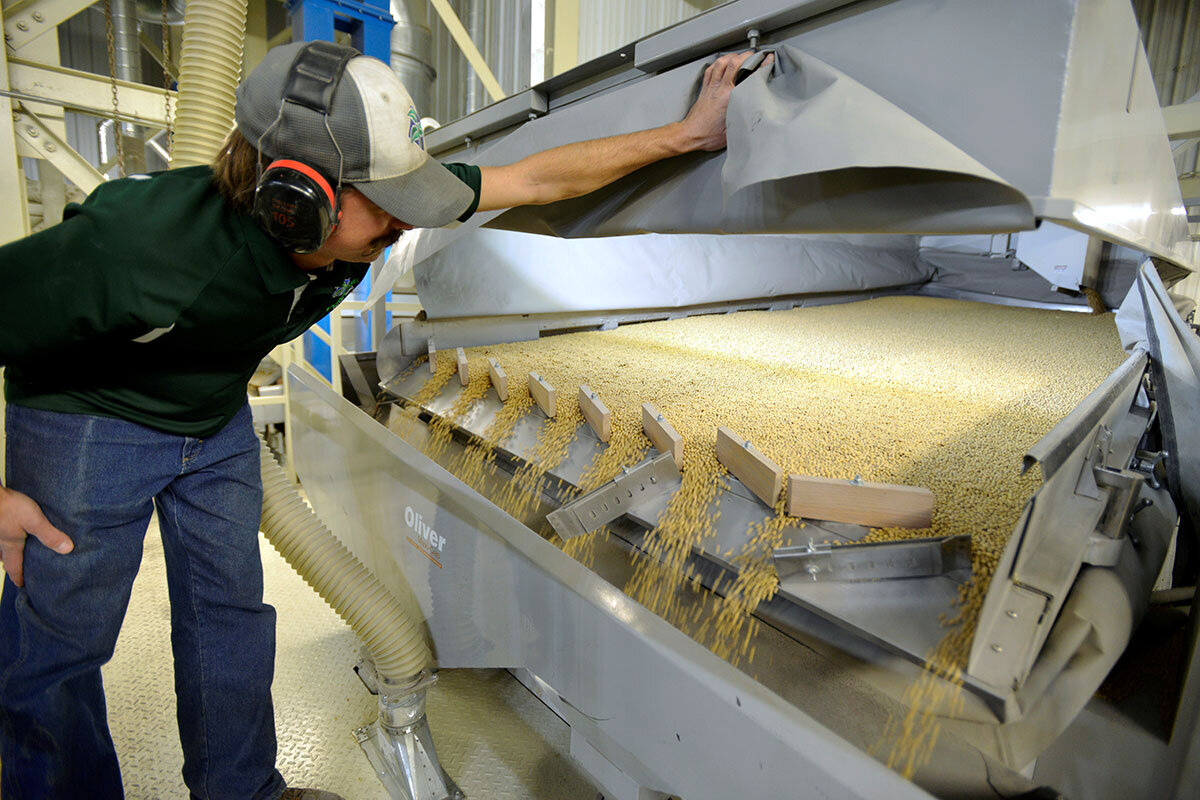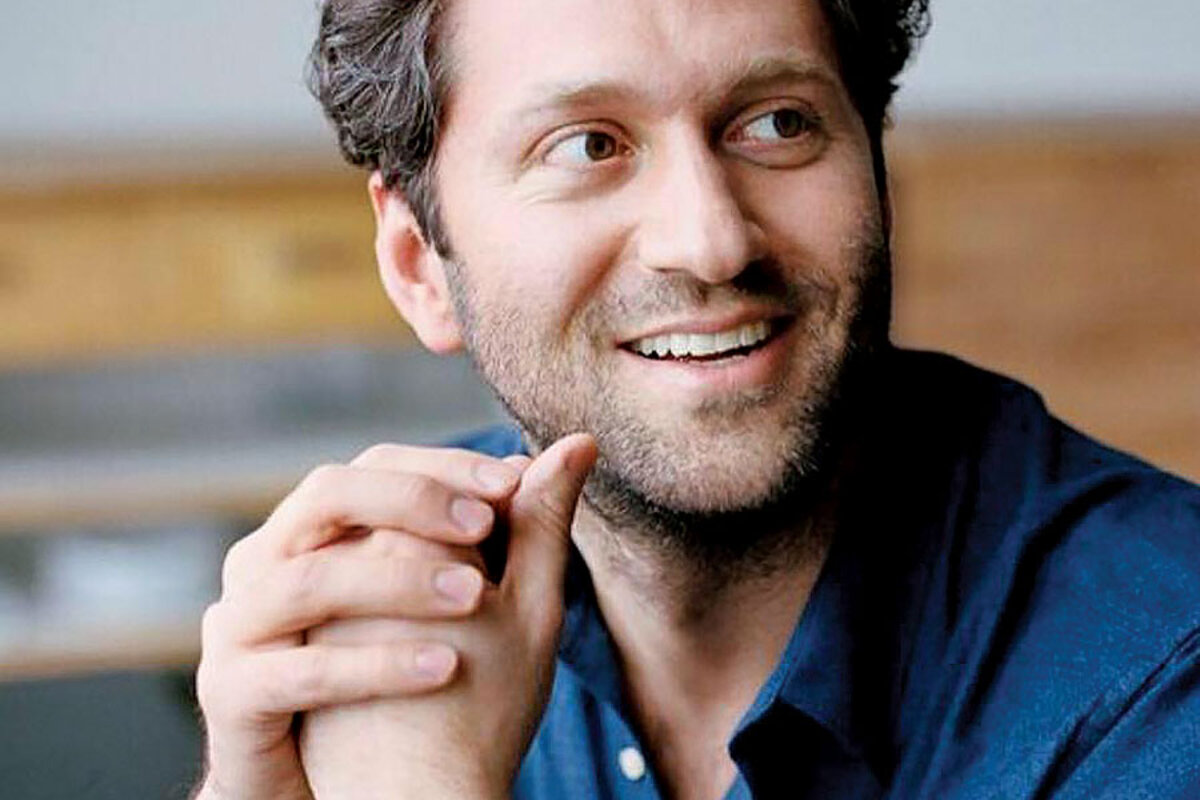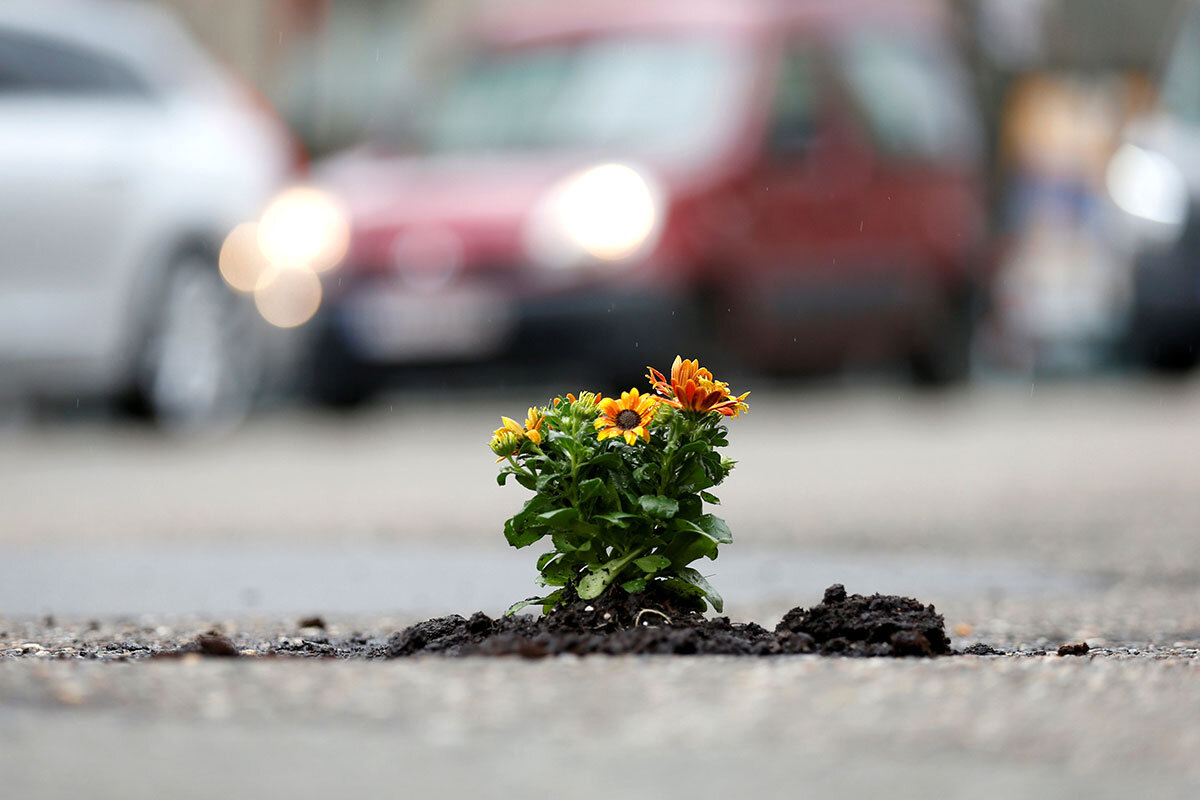The escalating trade skirmish between the US and China stirred anxieties from Chinese factories to Kansas soybean fields this week. But beneath the threats and counter-threats, the two nations may actually be angling to cut a deal.
Monitor Daily Podcast
- Follow us:
- Apple Podcasts
- Spotify
- RSS Feed
- Download
 Noelle Swan
Noelle Swan
The importance of early childhood education has gained significant traction in recent years. A new report, published in the March issue of JAMA Pediatrics, adds further evidence that investment in quality preschool programming leads to later academic success.
This first-of-its-kind study tracked children in Chicago from preschool age into their 30s. And it suggests that the key to long-term success lies not just with parents or teachers, but with parents and teachers working together.
The researchers found that students enrolled in Chicago’s Child-Parent Centers were 47 percent more likely to earn an associate’s degree and 41 percent more likely to earn a bachelor’s degree than children who attended traditional preschools.
The investment for parents is relatively small. The CPC program asks parents to spend just 2.5 hours per week either volunteering in the classroom or participating in parental training programs.
As a former preschool teacher who spent 10 years working alongside parents in cooperative schools in the Boston area, I saw firsthand how powerful parent-teacher partnerships can be. This modern extension of the “it takes a village to raise a child” mentality not only bolsters learning, but also provides students a tangible model for cooperation. That’s something we all could use a little more of.
Now on to our five stories for today, in which we highlight quests for clarity amid political turmoil, the evolving role of the courts as arbiter of climate change debates, and the efforts of one man to help strangers rekindle connections with loved ones.










